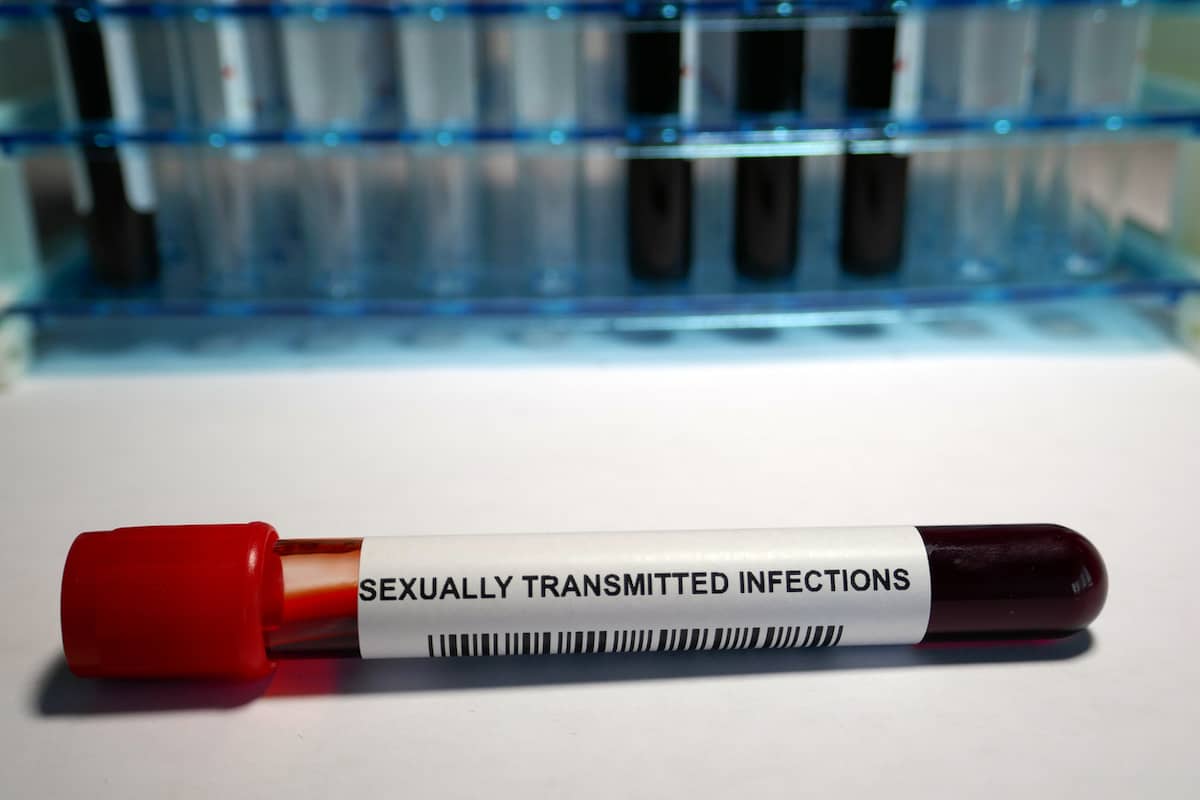While we do have accurate and reliable tests for most sexually transmitted diseases (STDs), rapid tests have only been developed for a few of those conditions.
People who want to get tested for some of the most prevalent STDs like gonorrhoea and chlamydia have to wait a while in order to get their results. This kind of wait can be very nerve-wracking, even discouraging some from getting tested.
This issue may be about to change with the development of a brand new rapid STD test. The original test that has been clinically examined is for gonorrhoea and chlamydia. Its developers, however, suggest that the product can be turned into a modifiable platform for the testing of various other STDs.
Rapid STD Test Launch in the Near Future?
A Penn State research team from the US has taken on the task of developing a rapid test for some of the most prevalent and problematic STDs right now. The promising results of the first clinical trial were published in October 2023 in Advanced Science journal.
Researchers reported that the rapid STD test they have developed exhibits 100 per cent sensitivity.
Sensitivity is a term referring to the proportion of the people having a certain medical condition that get a positive test result. The higher the sensitivity is, the more reliable a test can be considered. One hundred per cent sensitivity suggests that the rapid test accurately identified the condition 100 per cent of the time someone got tested.
It’s important to note this isn’t the first of a kind test that delivers results immediately after a sample is submitted. There have been efforts to put together rapid STD tests in the past. Most of those tests, however, have underperformed and they have a significant margin of error. These issues make the rapid tests currently available on the market less reliable than the other clinical examination options that necessitate a longer wait.
Alternatives are also available in the form of molecular STD tests. Molecular tests can detect molecular material from the bacteria and other pathogens responsible for causing some of the most common STDs. The problem with these tests is that they tend to be very expensive, which makes them largely inapplicable in everyday clinical settings.
Molecular tests do have excellent sensitivity but they can be time-consuming to perform on top of being very expensive in comparison to other options. That’s why the Penn State team took on the task of developing a test that is both reliable and affordable.
How Does the Rapid STD Test Work?
The rapid STD test works in a fairly simple way, similar to the manner at-home Covid-19 tests detect the presence of the virus.
A lateral flow biosensor is being used. It’s a paper-based biosensor that can detect the nucleic acids present in chlamydia or gonorrhoea. A cervical or vaginal swab is needed to perform the test and the results are ready in about two minutes.
Another very important benefit of this test is that the sample doesn’t have to be processed in any way before it gets placed in a liquid and applied to the biosensor. The sensing strip contains single-stranded oligonucleotides – fragments of nucleic acid that are incredibly sensitive for various genetic targets. These genetic targets are always going to be the same, no matter what strand of chlamydia or gonorrhoea the person is infected with.
To assess the effectiveness of this testing approach, the researchers used 60 samples that a family medicine practitioner participating in the study collected. Chlamydia and gonorrhoea got detected accurately 100 per cent of the time. No false negatives were observed during the clinical trial.
Researchers have reported that this type of technology can be customised by adjusting the synthetic DNA sequence of the single-stranded oligonucleotides. This way, the same technology can be used to identify accurately an array of pathogens.
Getting Tested for STDs Is the Responsible Thing to Do
The rapid test prototype will still have to be examined and tested extensively before mass manufacturing can commence.
Luckily, everyone already has access to lab tests that are simple, reliable and accurate.
In Singapore, you can get tested for an extensive range of STDs at men’s health clinic like Shim Clinic.
We recommend that everyone who is sexually active get STD screening at least once per year, even if they’re in a committed monogamous relationship. This is especially important for the couples that intend to stop using barrier contraception (whenever they intend to get pregnant, for example).
Please visit us during working hours every day of the week or contact Shim Clinic now. You will benefit from a fully confidential consultation that will address your biggest worries and suggest the prevention/prophylaxis methods that make the most sense.
Sources of Information:
- Dighe, K., Moitra, P., Gunaseelan, N., Alafeef, M., Jensen, T., Rafferty, C., & Pan, D. (2023). Highly‐Specific Single‐Stranded oligonucleotides and functional nanoprobes for clinical determination of Chlamydia trachomatis and Neisseria gonorrhoeae infections. Advanced Science. https://doi.org/10.1002/advs.202304009

